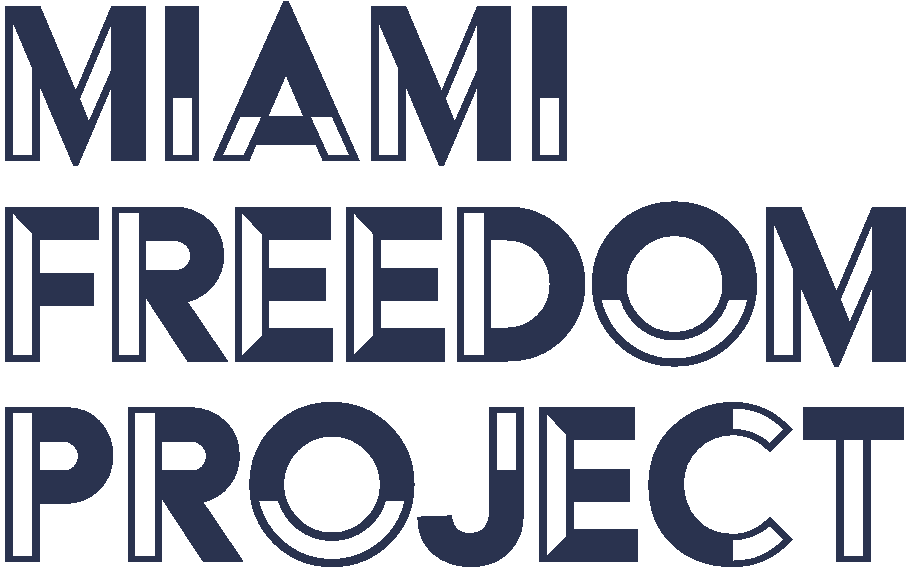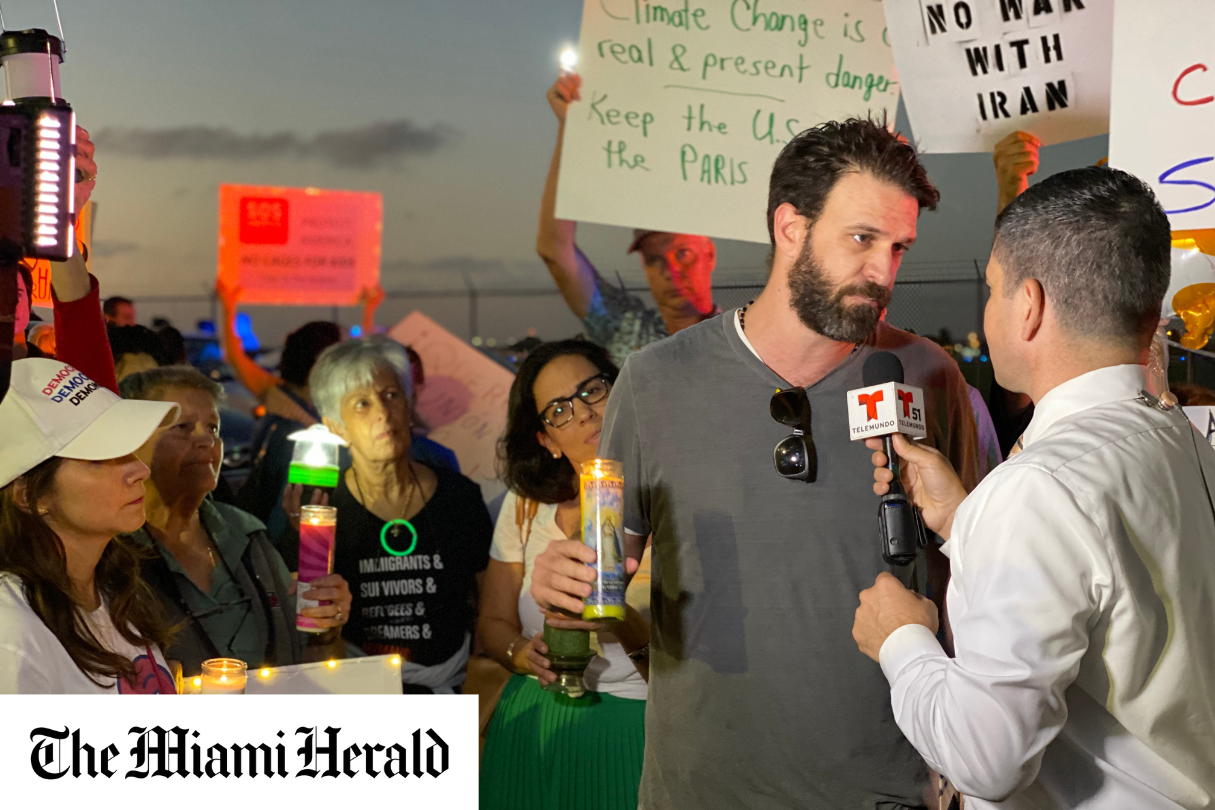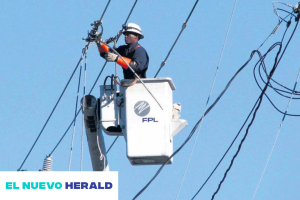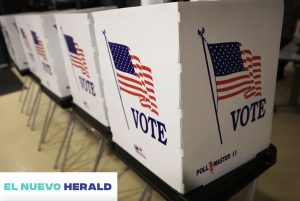By Patrick Hidalgo and Ana Sofía Peláez
This story was originally published in the Miami Herald on January 18, 2020.
Peace had been shattered only a few hours before when news of the U.S. airstrike killing Gen. Qassem Soleimani, Iran’s second-most senior official, hit. We’d already made the decision to join the Lights for Love vigil outside the El Rey Jesus Ministry Church in Kendall where President Trump was slated to launch Evangelicals for Trump shortly after the New Year.
Now another front was opening up with the specter of a new major war.
Fighting the fatigue of the moment, our group of friends went to the vigil where people had gathered to light candles, sing and pray. Protestant ministers and Catholic lay leaders from a predominantly Cuban-American Jesuit organization, Instituto Pedro Arupe, joined activists working on issues ranging from the affordable-housing crisis and living-wage fight to sea-level rise and climate change. One participant represented her undocumented parishioner, who had been forced to choose between seeing his dying mother in Mexico and staying with his wife and three children in the United States.
It was ironic that as Christians, we could only find hope outside the gates of the church.
The Trump campaign announced this event in the aftermath of the editorial from the influential evangelical publication, Christianity Today, which called for the president’s removal from office. The fact that Trump chose a church in Miami to launch the first Evangelicals for Trump rally is both alarming and revealing.
Before the event, Rey de Jesus’ Honduran-born pastor, Guillermo Maldonado, felt compelled to assure his congregation, many of whom are undocumented immigrants, that they would be safe from deportation if they attended. Given how this administration treats immigrants, we found these comments dystopic.
Trump clearly wanted to showcase how much support he enjoys in the largest minority-run city in the country, which also happens to be in the largest swing state.
We are also a community that carries significant trauma, with a rich history of exploitation for political purposes. We see so many challenges around us, and we know that we need to build a new political home for those who want to come together to organize for a more just Miami. If people of faith came together, we could make our city and state a shining example of what it means to embrace the least and the lost.
In a recent speech at Catholic University of America, Sen. Marco Rubio brought up the importance of Catholic Social Teaching, which focuses on ensuring human dignity for all and the common good.
We welcome a conversation that returns to moral principles in re-building a society that works for more than just the wealthy and well-connected. Yet in the days following the Soleimani killing, Rubio beat the drums of war in support of Trump’s Iran aggression. He did this even as the president threatened to destroy that country’s historic, United Nations-protected cultural institutions, a clear violation of international law.
How does Rubio square this behavior with Catholic Social Teaching? Even though the threat of a new war seems less imminent today, we’re not out of the woods yet given the president’s volatile track record. Moreover, how does one reconcile Catholic Social Teaching with the Republican Party’s systematic efforts to take healthcare from millions of people, give trillion-dollar tax cuts to corporations and the wealthy and support a president who vilifies immigrants — especially when the senator’s predominantly immigrant hometown, Miami, suffers from the worst inequality in the country by some measures?
Our faith calls us to stand squarely with the poor and marginalized, with the immigrant and against acts of war motivated by political purposes. We can respond to the challenges we face from a place that is energy-giving. From a place that affirms deeper truths that transcend polarization. We are inspired by similar faith-inspired organizing efforts across the South and throughout the country.
Even if the U.S. Conference of Catholic Bishops is choosing to focus narrowly on the difficult issue of abortion, and has yet to fully embrace Pope Francis’ larger vision for a more just world, we felt the spirit of the church that night at the protest.
New York Times writer Michelle Goldberg recently wrote a widely read op-ed, “The Nightmare Stage of Trump Rule is Here.”
If that is true, then it’s time to wake up.
Patrick Hidalgo worked in the Obama White House. Ana Sofia Pelaez is an award-winning culture writer. They are the co-founders of the Miami Freedom Project, which is open to all faiths and beliefs.




